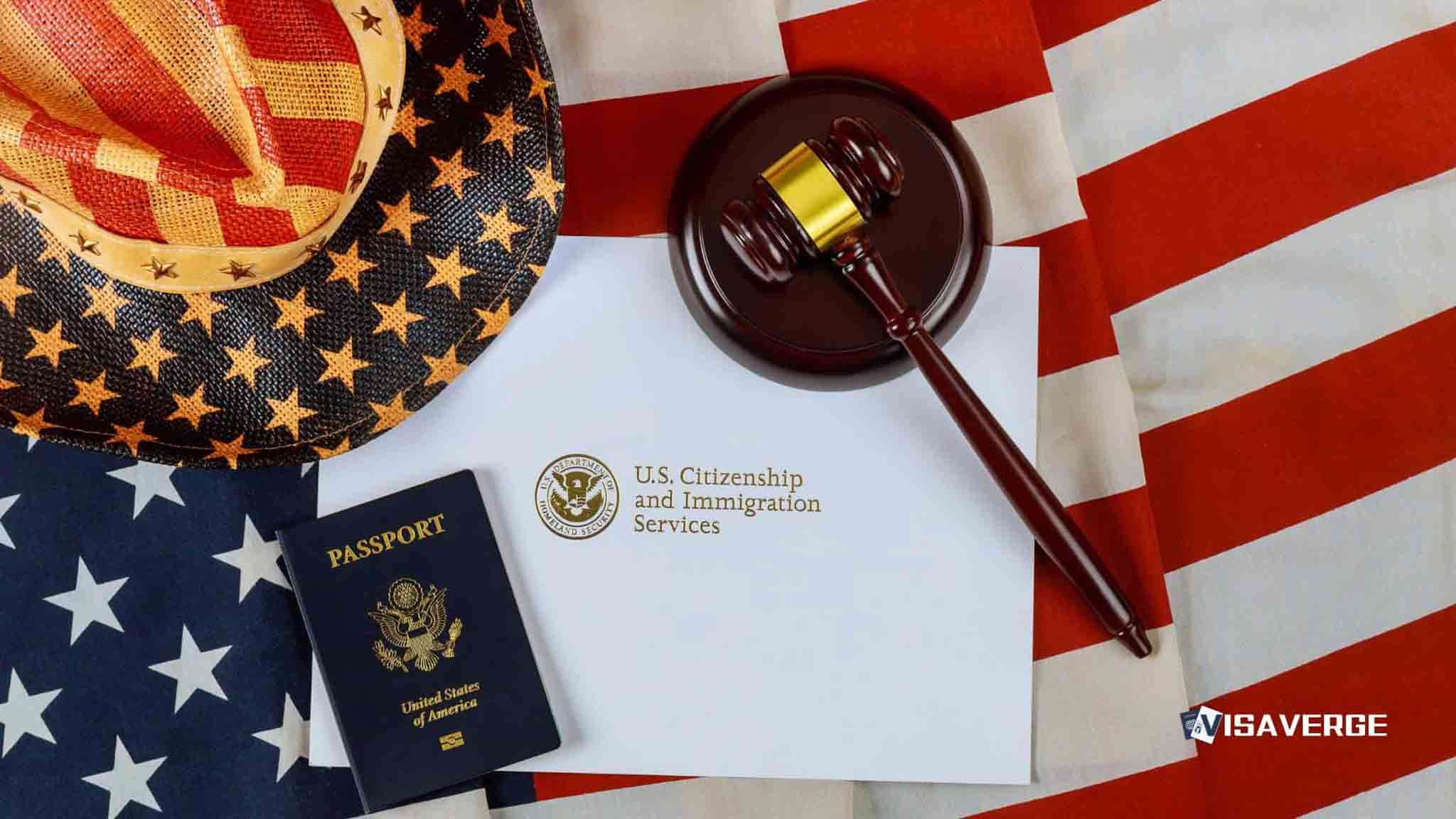USCIS Updates on Fee Payment Process
As of January 26, 2024, the United States Citizenship and Immigration Services (USCIS) has implemented significant changes to the USCIS Fee Payment and benefit form-filing process. This update primarily affects how applicants, petitioners, requestors, and their legal representatives submit payments for immigration services.

Enhanced Accessibility and Efficiency
The USCIS has transitioned to a more convenient process, allowing for payments to be submitted remotely via mail. This eliminates the previous requirement of making in-person payments at a field office. Applicants can now send a check or complete Form G-1450, Authorization for Credit Card Transactions, and mail it to the designated field office along with their immigration paperwork.
“By eliminating the need for an office appointment, this new process should save time and money for anyone who must pay these fees,” states USCIS. This measure not only minimizes the possibility of scheduling conflicts but also expedites the overall Immigration Form Filing Process.
Important Steps to Follow
It is essential for individuals and their representatives to abide by the following guidelines to avoid any delays:
- Carefully review the filing instructions associated with your specific benefit request form.
- Confirm that your form is eligible for mail-in or remote filing.
- Verify that you are filing at the correct location to prevent any complications.
Incorrect filings will be returned to the sender, necessitating a resubmission to the proper office. Visit the official USCIS website for detailed filing instructions and to ensure compliance.
Simplified EOIR-29 Payment Procedure for Legal Representatives
Legal representatives now have the added benefit of paying for EOIR-29, Notice of Appeal to the Board of Immigration Appeals, directly using a link provided in an email or via text from the USCIS Contact Center. Following the payment, they must mail the necessary forms along with the Pay.gov receipt to the appropriate field office.
Exception for Emergency Advance Parole Requests
An important exception to the new remote payment procedure is the handling of emergency advance parole (EAP) requests. Those submitting Form I-131, Application for Travel Document, for EAP must continue to schedule an in-person appointment. During the visit to the USCIS field office, the applicant will need to present the completed form, supporting documentation, and pay the fee using a credit card via Form G-1450 or by check.
Adherence to these updated protocols will facilitate a smoother, more efficient experience for all parties involved in the immigration process. For any further assistance or clarification on the new fee payment method, individuals are encouraged to reach out to the USCIS Contact Center.
Learn Today:
Glossary or Definitions:
- United States Citizenship and Immigration Services (USCIS): The government agency responsible for overseeing lawful immigration to the United States, including the processing of immigration benefits, such as visa applications and naturalization petitions.
- USCIS Fee Payment Process: The system established by USCIS for submitting payments for immigration services. This process has been updated to allow for remote payment via mail, eliminating the need for in-person payments.
-
Applicants: Individuals seeking immigration benefits, such as visas or naturalization, from USCIS.
-
Petitioners: Individuals who file immigration petitions on behalf of someone else, such as a family member or employer.
-
Requestors: Individuals who submit requests to USCIS for specific immigration services, such as a request for evidence or a request to change or extend immigration status.
-
Legal Representatives: Attorneys or accredited representatives who assist individuals with their immigration cases.
-
Form-filing Process: The process of completing and submitting immigration forms required for various immigration benefits.
-
Mail-in Filing: The act of sending immigration forms, along with required documentation and payment, to the designated USCIS field office by mail.
-
Field Office: A physical USCIS office where in-person appointments were previously required for fee payments and form submissions.
-
Scheduling Conflicts: Conflicts that may arise when trying to schedule in-person appointments, such as conflicting work schedules or limited availability.
-
Immigration Form Filing Process: The overall procedure for completing and submitting immigration forms to USCIS for various immigration benefits.
-
Filing Instructions: Detailed guidelines provided by USCIS that must be followed when completing and submitting immigration forms.
-
Eligible: Meeting the requirements or criteria necessary to qualify for a specific benefit or process.
-
Complications: Issues or problems that may arise if forms are filed incorrectly or at the wrong location, potentially leading to processing delays or rejections.
-
EOIR-29: Form used to file a Notice of Appeal to the Board of Immigration Appeals.
-
USCIS Contact Center: A customer support service provided by USCIS to assist individuals with their immigration inquiries.
-
Pay.gov: An online portal used for making payments to government agencies.
-
Emergency Advance Parole (EAP): A travel document that allows certain individuals to temporarily leave the United States for emergency or humanitarian reasons while their immigration status is being processed.
-
Form I-131: Application for Travel Document, which includes requests for emergency advance parole.
-
Adherence: The act of following or complying with specific rules, guidelines, or protocols.
-
Smooth Experience: A more efficient and hassle-free process when completing immigration forms and submitting payments to USCIS.
Note: This glossary provides definitions for specialized terminology used in the provided content. Additional immigration-related terms and acronyms can be found in broader immigration resources or specific immigration law dictionaries.
So there you have it, folks! The USCIS has revamped its fee payment process to streamline and simplify the immigration journey. With remote payments now possible, you can bid farewell to those long office appointments and embrace the convenience of mailing in your payments. Just make sure to follow the guidelines and check the official USCIS website for detailed instructions. And if you’re hungry for more immigration insights and tips, head on over to visaverge.com. Happy exploring!
This Article in a Nutshell:
USCIS has made changes to the fee payment process for immigration services. Now, payments can be made remotely by mail, eliminating the need for in-person appointments. Legal representatives can also pay fees online. However, emergency advance parole requests still require in-person appointments. Follow guidelines on the USCIS website to avoid delays.






